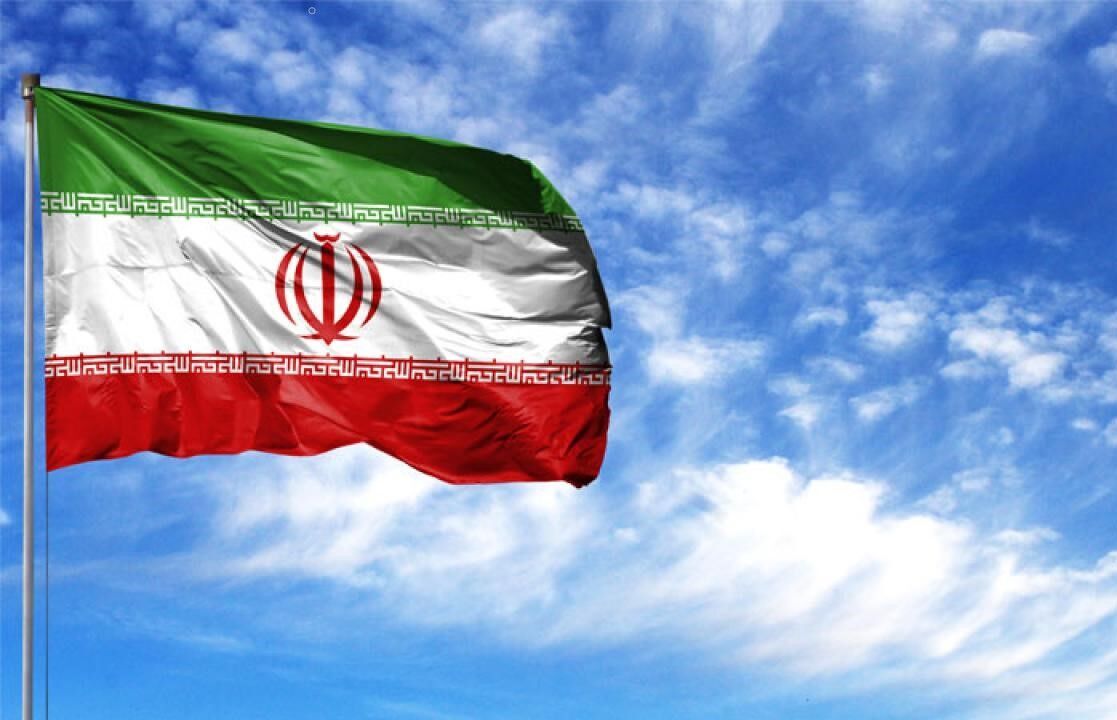ID :
577826
Sun, 10/04/2020 - 23:38
Auther :
Shortlink :
https://oananews.org//node/577826
The shortlink copeid
Iran's transparent policy in south Caucasus

Tehran, Oct 4, IRNA – Unlike many regional and international powers, Iran's policy in southern Caucasus (Armenia, Georgia and Azerbaijan) does not consider short-term interests and Tehran has had transparent strategy in the region.
All tweets, statements and articles which were released in Iran after recent conflicts in Karabakh indicate Iran's open media atmosphere.
But some of the stances taken in social media were in a way that some assumed the former Soviet Union had just collapsed and that it is necessary to think about new situation.
In fact, Iran has taken the most transparent and may be the most different approach since the independence of the former Soviet Republics in Caucasus and the Central Asia.
Nations in this region were newfound for US, Europe and Asia but for several centuries, Iranians have established historic brotherliness with these nations.
Naturally, Iran is the most satisfied state after emergence of the newly-independent states and was among the first countries which recognized their independence of the former Soviet Republics.
US and Europe's national interests make them consider southern Caucasus as a means to develop economic cooperation arising somewhat competition with Russia.
Iran is neither a member of rivalry, nor it tends to be a partners for other's empires.
Tehran, Yerevan, Baku and Tbilisi have good neighborly and friendly relations.
The fact is that conflict in Karabakh means insecurity for the Iranian borders not for borders of the US, Europe and Turkey.
The new round of conflict started in Karabakh on September 27.
On the same day, and before many world powers express any opinion about the issue, Iranian Foreign Minister Mohammad Javad Zarif in a Twitter message said: Iran is closely monitoring the alarming violence in Nagorno-Karabakh.
"We call for an immediate end to hostilities and urge dialogue to resolve differences.
"Our neighbors are our priority and we are ready to provide good offices to enable talks. Our region needs peace now," Zarif added.
It is a fact that a conflict which is rooted in history cannot be solved by force.
Iran has taken impartial activism policy in the region and had preserved its impartial stance with regard to tensions in South Ossetia and Republic of Karakalpakstan.
From the economic dimension, Iran can agree with Azerbaijan in constructing railways and creating South-North corridor and is also able to have economic cooperation with Armenia in the framework of Eurasian Economic Union.
Iran is able to convince Central Asian states to maintain cooperation with Tehran in Silk Road project and also in the project of connecting India to Central Asia through Chabahar is the fruit of Iran's impartial activism.
Conflict in the Nagorno-Karabakh region began following the downfall of the former Soviet Union in the late 1980s and lasted till approximately 1994, with both Armenia and Azerbaijan claiming this strategic territory. At that time, the enclave of Nagorno-Karabakh had held a referendum boycotted by Azerbaijan where the people chose independence over joining either of the two countries.





